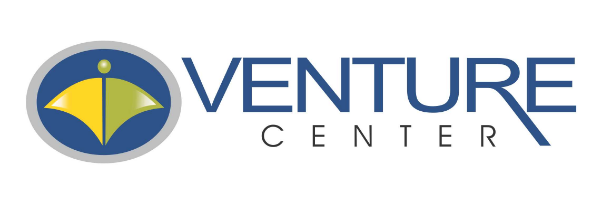How Actorius Innovations - the first Indian company to develop a liquid biopsy test for circulating tumor cells - is revolutionizing cancer detection in India
Studying in a Sainik School and a love for running marathons have endowed Jayant Khandare with the discipline and the endurance required to become an entrepreneur. Jayant loves challenges. More so when someone tells him that something is difficult to do. As a
marathoner, he is used to pushing himself to the limit. That is what helped him as he started Actorius Innovations and Research, a Pune-based deep tech venture that was the first Indian company to come up with a liquid biopsy test for detecting circulating tumour cells (CTC) in cancer patients.
Hailing from rural Maharashtra, Jayant completed a Bachelor’s and a Master’s in Pharmacy and then went on to do his PhD in Polymer Chemistry from the National Chemical Laboratory in Pune. It was his penchant for confronting challenging situations that got Jayant interested in starting Actorius. Oncologists had told him that detecting circulating tumour cells was an impossible task,especially for an Indian start-up. That was enough motivation for Jayant to put his mind to it. He also wanted to prove that innovative medical devices could be developed in the country, especially since it had most of the necessary ingredients in place.
Actorius has developed OncoDiscover, a diagnostic kit that not only identifies CTCs with high accuracy but also determines their origin organ. While tests for CTC detection are available globally, they are prohibitively expensive, often costing around $2,600. Actorius offers this groundbreaking alternative - Oncodiscover - for just ₹15,000 (about $190), making advanced diagnostics accessible to a broader segment of the Indian population. Actorius is India’s first and the world’s second company to get a license for making the kit for the diagnosis.
The OncoDiscover test requires a mere 1.5 ml of blood, compared to the 7.5 ml needed by similar American tests. Actorius uses proprietary magnetic nanoparticles to detect even a single CTC among billions of other cells—a needle in a haystack approach enabled by advanced material sciences. This early detection is crucial for the timely treatment of metastasis in patients who are otherwise cancer-free.
The real challenge, however, was in conducting clinical trials and coming up with proof that their product would indeed work. They had to be clear about the guidelines, engage with drug controllers and regulators, which was not their specialty. Being incubated at Venture Center eased this path for them. They needed a lot of money to conduct clinical trials, not to mention the patients. The latter, they managed after talking to doctors at Mumbai’s premier Tata Memorial Hospital and with the support of renowned oncologist Dr Pankaj Chaturvedi. Actorius did tests on more than 2,000 patients and proved that the diagnostic kit it had developed would indeed detect the lone circulating tumour cell among billions of other cells in a patient’s blood sample with a great level of accuracy. Actorius is now looking to scale up the business.
Actorius has also invested in a company called OneCell Diagnostics, which is a joint venture with a company called Indx.ai, with offices in the Silicon Valley in the US and in Pune. OneCell Diagnostics is an AI/ML company that isolates DNA from blood samples of cancer patients for next-generation sequencing for precision oncology. This test costs about ₹3.5 lakh in the US and OneCell Diagnostics does it for about ₹1.1 lakh. The test covers about 600 genes in one cell, whereas others can do only about 150 genes. It detects key biomarkers in the blood via comprehensive genomic profiling to identify and predict responses to targeted therapies. It helps oncologists design individual treatment plans for the patients with high precision and reliability.

